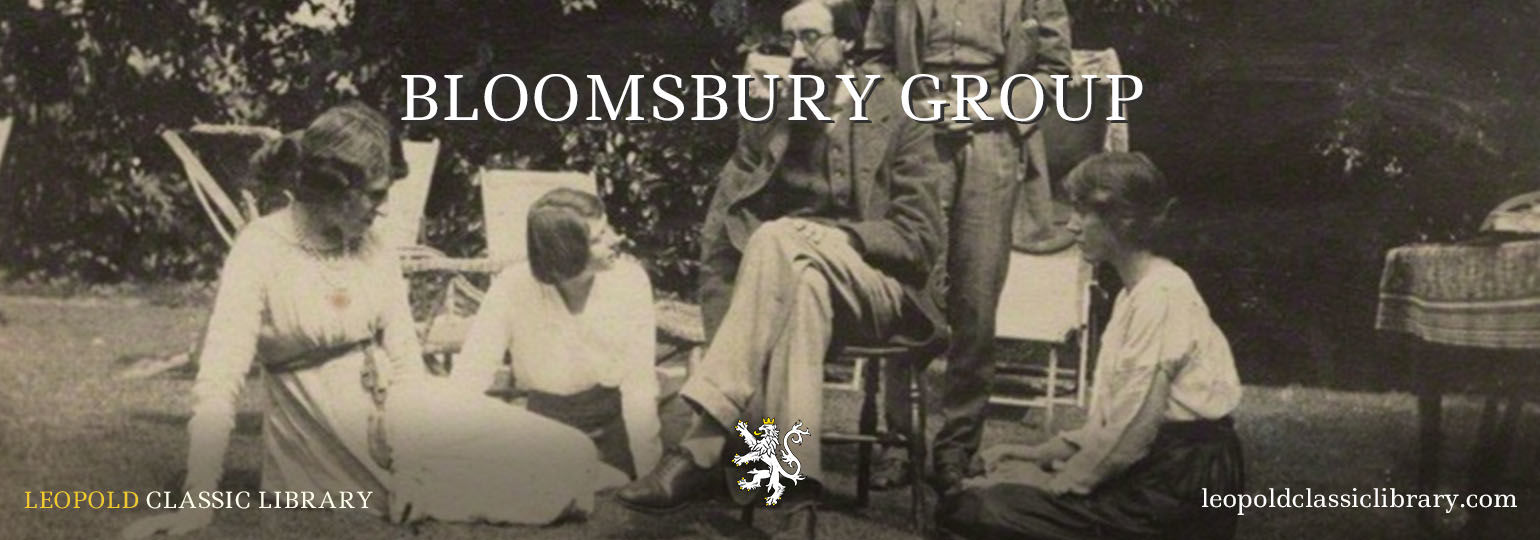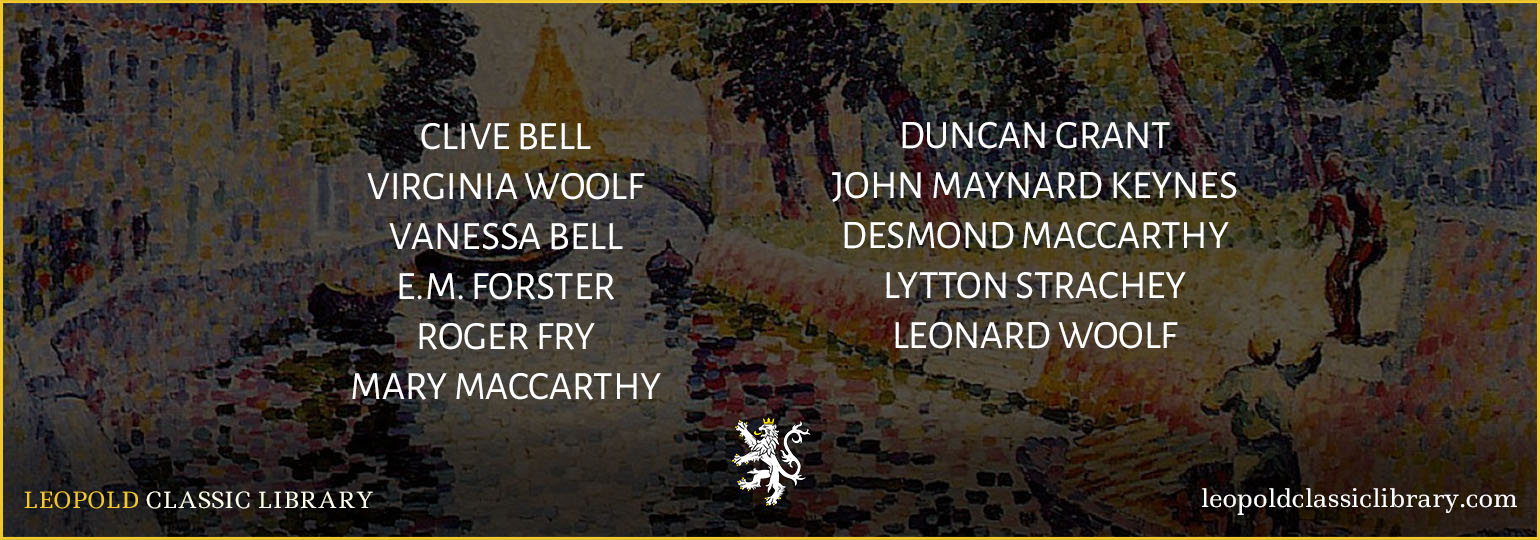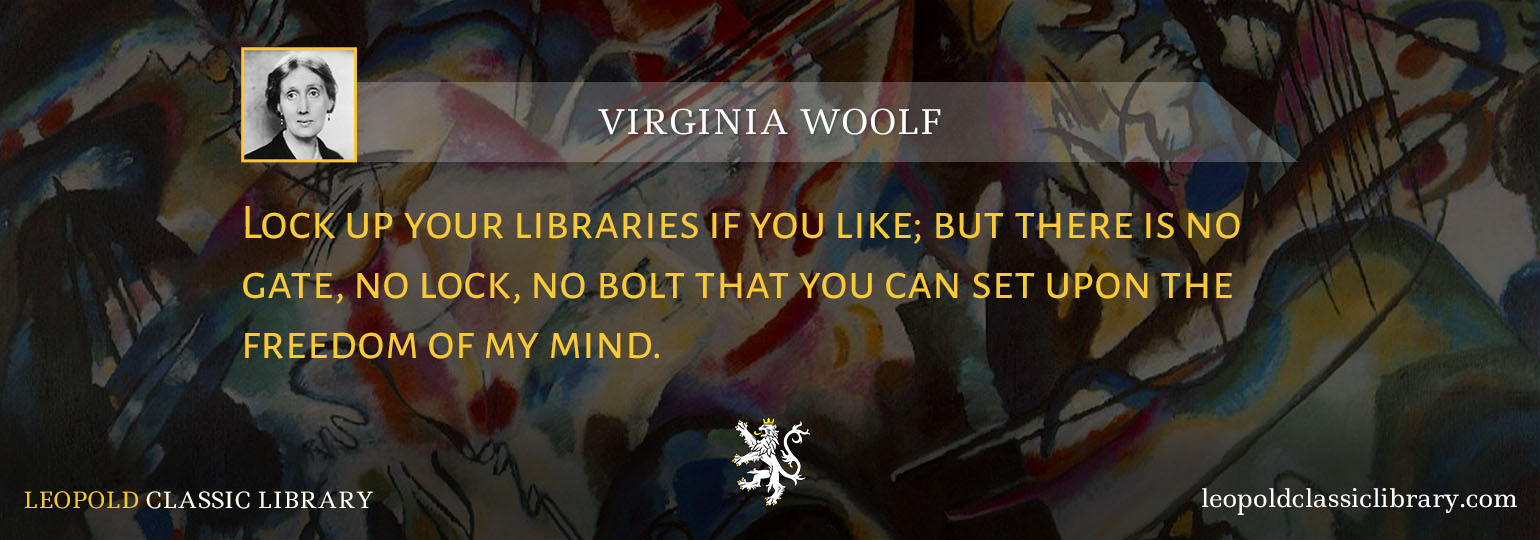Bloomsbury Group

'The Bloomsbury Group' is a name given to a circle of English writers intellectuals, philosophers and artists, the best known members of which included Virginia Woolf, John Maynard Keynes, E. M. Forster and Lytton Strachey. The Bloomsbury Group began as a loose collection of friends and relatives who lived, worked and studied together near Bloomsbury, London, during the first half of the 20th century. Some of them knew each other from their time as students in Cambridge. Around World War I most of its key members had left the Bloomsbury area, where some of them later returned. The members of the Bloomsbury Group denied being a group in any formal sense, however they shared common values, among which was a strong belief in the arts. They resisted Victorian hypocrisy, defended the principles of independence in life, and of 'art for art's sake'. Their works and outlook deeply influenced literature, aesthetics, criticism, and economics as well as modern attitudes towards feminism, pacifism, and sexuality.
The group had eleven core members:

Virginia Woolf
Adeline Virginia Woolf (1882 – 1941) was an English writer and one of the foremost modernists of the twentieth century. During the interwar period, Woolf was a significant figure in London literary society and a central figure in the influential Bloomsbury Group of intellectuals. Her best-selling works include the novels Mrs Dalloway (1925), To the Lighthouse (1927) and Orlando (1928), and the book-length essay A Room of One's Own (1929). Virginia Woolf's life was full of tragedies and losses, which contributed to emotional setbacks and mental breakdowns, but despite this she succeeded in her literary activity. Virginia Woolf 's novels were published not only in England but also in America, and were translated into 50 languages. She is still considered a major innovator in the English language. In her works she experimented with stream of consciousness (narrative mode or device that depicts the multitudinous thoughts and feelings which pass through the mind) and the underlying psychological as well as emotional motives in the behavior of the protagonists. She experimented in her novels, making a narrative with no clear plot and scene. Although her popularity declined sharply after World War II, Woolf's work resonated again with a new generation of readers during the feminist movement in the 1970s. Woolf remains one of the most influential authors of the 21st century.

http://leopoldclassiclibrary.
Lytton Strachey
Giles Lytton Strachey (1880 – 1932) was a British writer and critic. A founding member of the Bloomsbury Group, he is best known for establishing a new form of biography in which psychological insight and sympathy are combined with irreverence and wit. His biography of Queen Victoria (1921) was awarded the James Tait Black Memorial Prize. 'Eminent Victorians' is a book by Lytton Strachey, first published in 1918 and consisting of biographies of four leading figures from the Victorian era. Its fame rests on the novel approach that Strachey brought to bear on three men and a woman who had till then been regarded as heroes and heroine. They were:
Cardinal Manning
Florence Nightingale
Thomas Arnold
General Gordon
http://leopoldclassiclibrary.
John Maynard Keynes
Another major member of Bloomsbury Group was the eminent British economist John Maynard Keynes (1883 – 1946). His ideas fundamentally changed the theory and practice of macroeconomics and the economic policies of governments. He built on and greatly refined earlier work on the causes of business cycles, and is widely considered to be one of the most influential economists of the 20th century and the founder of modern macroeconomics. His ideas are the basis for the school of thought known as Keynesian economics and its various offshoots.
His work 'The Economic Consequences of the Peace', published in 1919, has been described as Keynes's best book, where he was able to bring all his gifts to bear – his passion as well as his skill as an economist.
http://leopoldclassiclibrary.
